Today, I wanted to show you how to cook potatoe chips in the lard. I used the lard I scorched a little. When it was heating, it did have quite a "piggy" smell, but none of that came through in the chips. They were delicious and I ate way too many. I saved the rest of the yam bits for a soup for tomorrow, uncooked of course.
|
Yesterday I rendered the fat into lard that a friend gave to me from the home grown pig he butchered. He has 5 grown children and many grand children. He and his wife raise animals for meat for the whole family, so he is always butchering something. They have more lard than they can use at this time, so they are generous enough to share. I am grateful and fortunate. His pigs run around the farm and are able to root, plus were milk fed and grain fed. Today, I wanted to show you how to cook potatoe chips in the lard. I used the lard I scorched a little. When it was heating, it did have quite a "piggy" smell, but none of that came through in the chips. They were delicious and I ate way too many. I saved the rest of the yam bits for a soup for tomorrow, uncooked of course.
0 Comments
I have had a hard time with the Nubian baby goats. They were wormed with Valbazen, which did not work and then with a triple dose of Ivermectin drench, which only worked marginally. The two wormers are of a different class, one being the 'white' wormers and the other being the 'mectin' class. Neither were effective. So I sent away for Molly's herbal wormer program. The program consists of two parts, a once in two month wormer with wormwood and a maintenance wormer for in-between, once a week. No, this is not an inexpensive alternative to chemical womers, which are very expensive too, but look at the photo. While the chemical wormers barely had any effect on the worms and the anemia resulting from a high worm load caused death, the herbal wormer caused an immediate expulsion of worms visible in the stool. The wormer does not work like a chemical wormer, killing the worms, but rather it causes the host to be inhospitable and the worms expel themselves. Then it is up to the chickens to find the worms in the stool and pick through and eat them up so the cycle does not perpetuate itself. Ideally, after worming the animals should be moved to clean ground, and a new pen entirely, but in my world, there are only so many pens and so many shelters and that is not a reality. The best I can offer is a good barn cleaning, which did happen, and since the temperatures are so mild right now, the barn is closed until needed. The goats do have a three sided shelter filled with clean bedding, so they are not left without a home.
Along with the herbal wormer, I included a lot of granulated garlic. This also helps to encourage the worms to get out of town. To make the powder palatable and edible, I mixed it with the granulated garlic and sugar beet pulp covered with molasses. The sweet pulp encourage the goats and sheep to eat up all the wormer and I even sprinkled a few oats in the mix, just to encourage the more reluctant ones. Ideallly, each individual animal should be fed a proper dosage and that works well with only a few animals, but there are 50 sheep and 20 goats, so it is not easily done. I am extremely pleased with the result of the herbal wormer. The treatment needs to happen for three days and then then the second formula happens once a week for the other 7 weeks. Diligence will be the key factor in eradicating the worms. Molly's herbal wormer is a patented formula, so the ingredients are not available. I think any number of worming herbs ground to a powder and mixed together will produce a similar result. For now, I ordered a ten month supply with the intent of getting rid of the worms in the sheep and goats. The other animals can use this program too, but getting dogs to eat it might not be so easy. I did give some to the chickens, however; they were not interested in it. It is there if they would like it though. I might add it to the oyster shell, which they consume in copious quantities to encourage them to eat it. Worm resistance is a growing problem for ruminants and their keepers. Years ago, there were no chemical wormers and the misuse of them, routinely worming twice a year wether the animals required it or not, and under dosing causes the worms to become resistant and then the chemicals no longer work. This is what happened with the Nubians. My own animals have been on a different herbal program which was working for this farm. The Nubians were stressed and the adult does were already anemic when they arrived, so I suspect the problem was brought to the farm. For every problem there is a solution. I strongly encourage farmers to investigate herbs for the eradication of worms. Resistance is not a problem then and the animals are not subjected to chemicals which stay in the meat and milk. It is a universal problem. Natural is the only way to make it disappear, but constant diligence is the key. I see it work firsthand and encourage all to give it a try.  My farming venture has taught me a great deal, a whole lot about husbandry of animals, but also a lot about myself, my limits, my capabilities, my willingness to persevere, and my tolerance. I set out to create an organic permaculture farm with a monolithic dome home and be off grid and self sustaining. As it turned out, that venture was doomed by the infiltration of Waste Management and their insistence on locating a class 1 landfill across the road from my dream. So, I sold that farm to a neighbour who had a lot of cows and could use the extra pasture, and went forward to find a different place. I was running out of time to create a home though. Originally, the plan was to build two monolithic domes, one house and the other a garage with a living space above. I did find this farm in the mean time, flew out in February and purchased it and have been working to repair it for the past three years. Without the input of huge amounts of money, it will never be off grid, nor self sustaining, however; I can become self reliant, and that is the next best thing. Already, I do not shop for toiletries. I make soap, shampoo, deodorant, toothpaste and skin creams,butters and lotions. It is amazing how much that eliminates from a grocery bill! I quit decorating myself with cosmetics, can make them and have, but choose to no longer wear them at all, eliminating the dollars spent there. I have tried to grow a garden for the past three years here, with marginal success, more this year than in previous years. Next year should be even better. So, some of the vegetables will be produced here. The meat, for the most part, already comes from this farm, inadvertently from raising animals for other purposes, because they multiply and the excess (what a way to term it) become food. I find that I only have to go the grocery store once in two weeks. This winter I will be sprouting seeds for greens, both for my own consumption and as fodder for the animals who are always desperate for something green in the middle of a cold snowy winter. I really hope it is warm enough in the newly finished porch this winter. Last winter, after the poor contractor completed it, water froze in the dog's dish on the floor, so no sprouting occurred. So, my dream of being self sustainable is gone, and my goal is to be self reliant. With the tremendously heavy workload here, that is not so easy and I find myself scrambling to get things done, even feeling the pangs of guilt when I stop for a half hour coffee break. The added chores associated with the cow have tripled that work load for now, but a kind lady who raises dairy cows, promised to come tomorrow to help me put the calf to the cow, at least alleviating the three millings a day. Elsie has started a course of antibiotics and hopefully her mastitis will not cause any permanent damage. I think if we all aim to be more self reliant, the world would be a better place. In the city, growing a garden and canning, fermenting and preserving food would be a great start. If chickens are permitted, adding three hens for egg production and waste management (they are excellent composters and fertilizers) is another idea. There is no reason why a city dweller could not learn to make toiletries such as soaps, lotions and laundry cleaners. My next goal is to get a real clothes line so I cut down the dependency on the dryer. Hanging out laundry in the city can even be done on a balcony, if that is all the space one has. Being more self reliant is actually very freeing and makes one feel accomplished and even a little proud. Maybe you are ready to try it? |
Categories
All
AuthorFluffy writes daily about the experiences on the farm and with the bed and breakfast patrons. Archives
October 2020
|

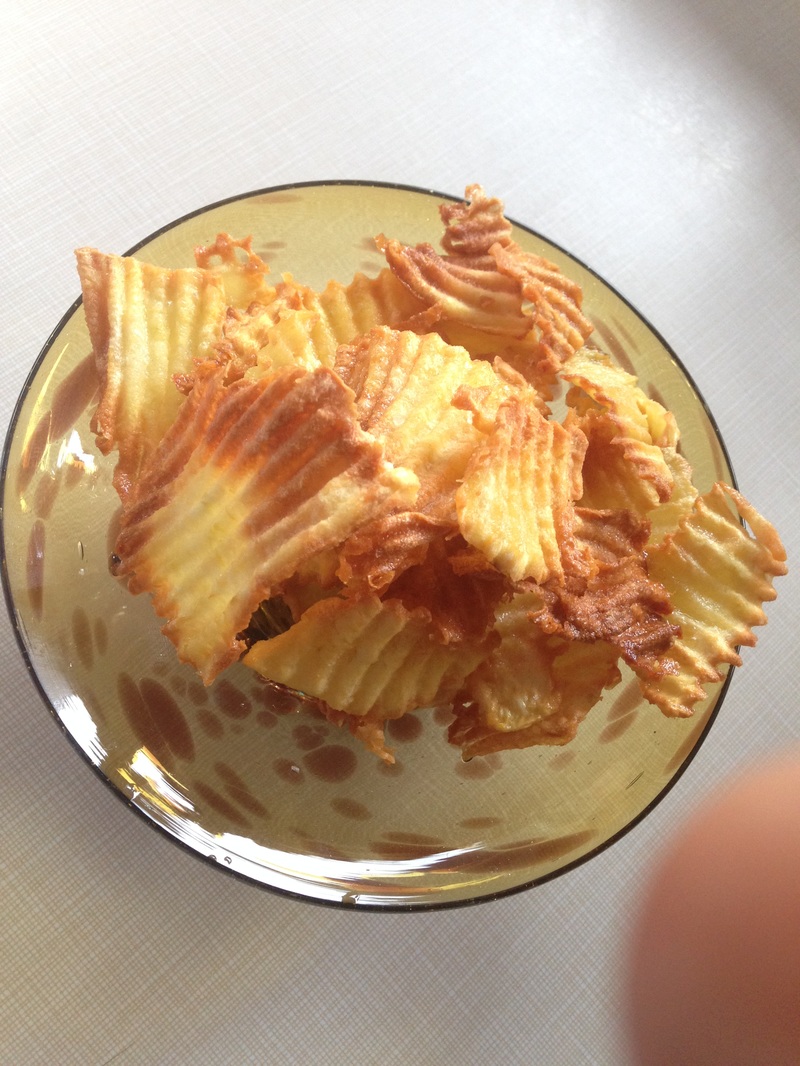
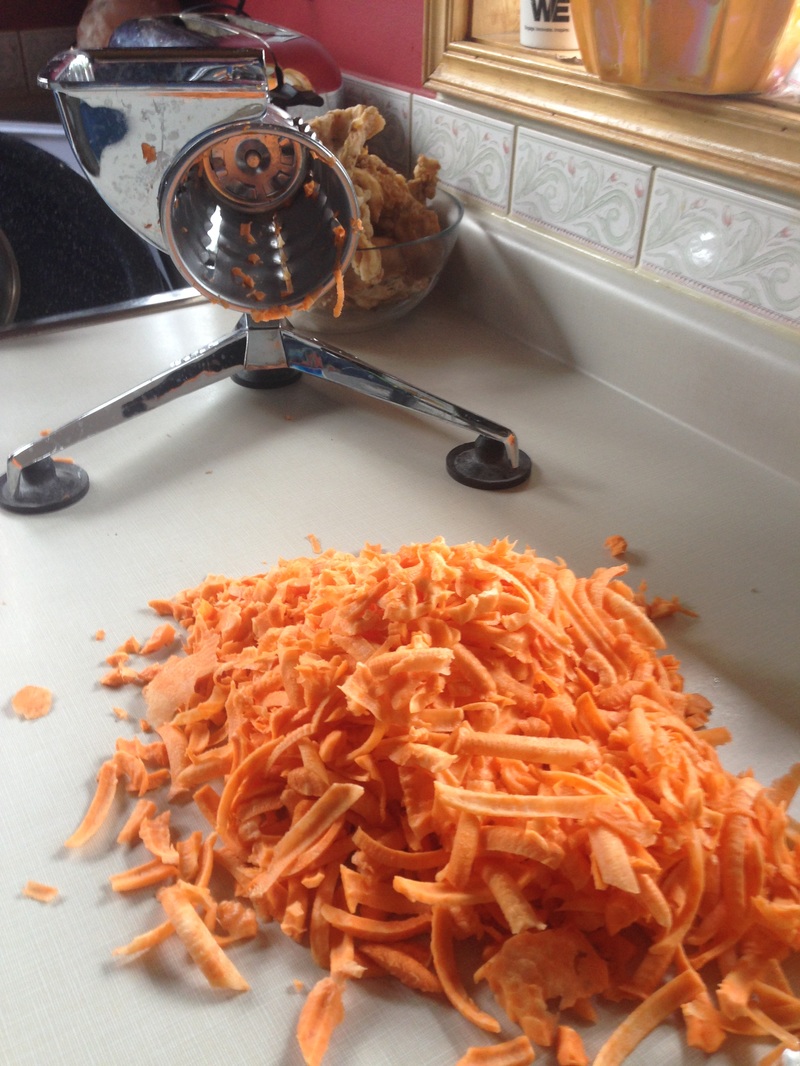

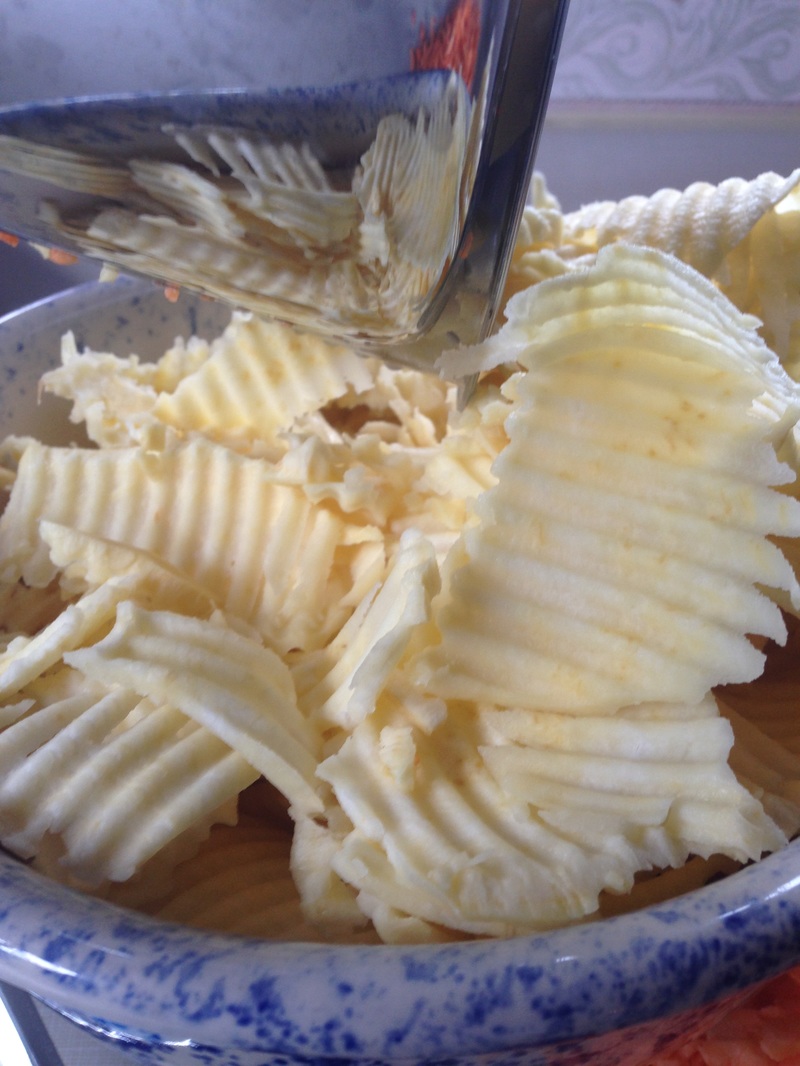
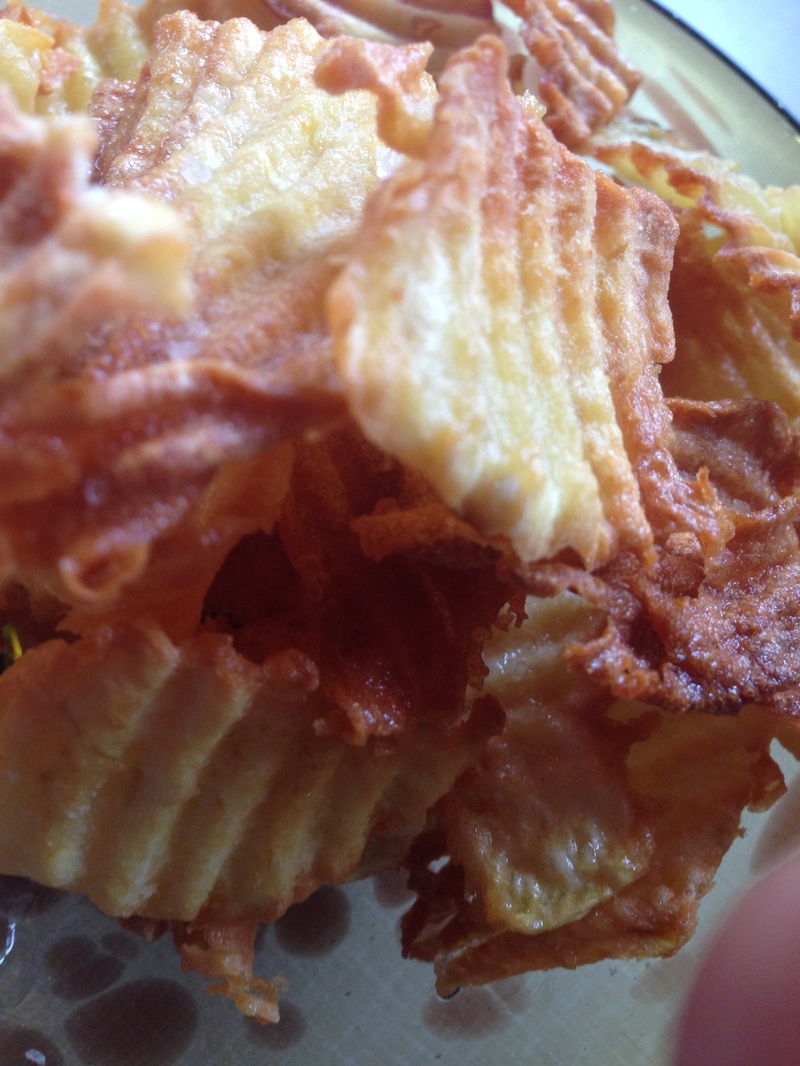
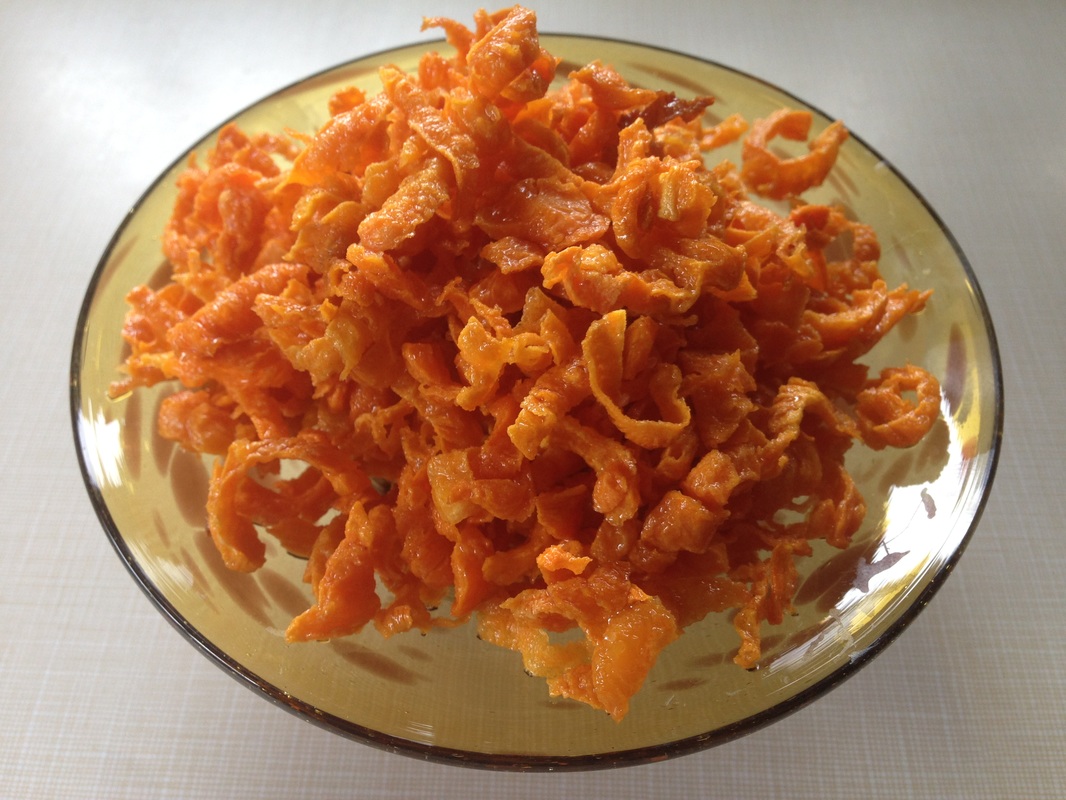
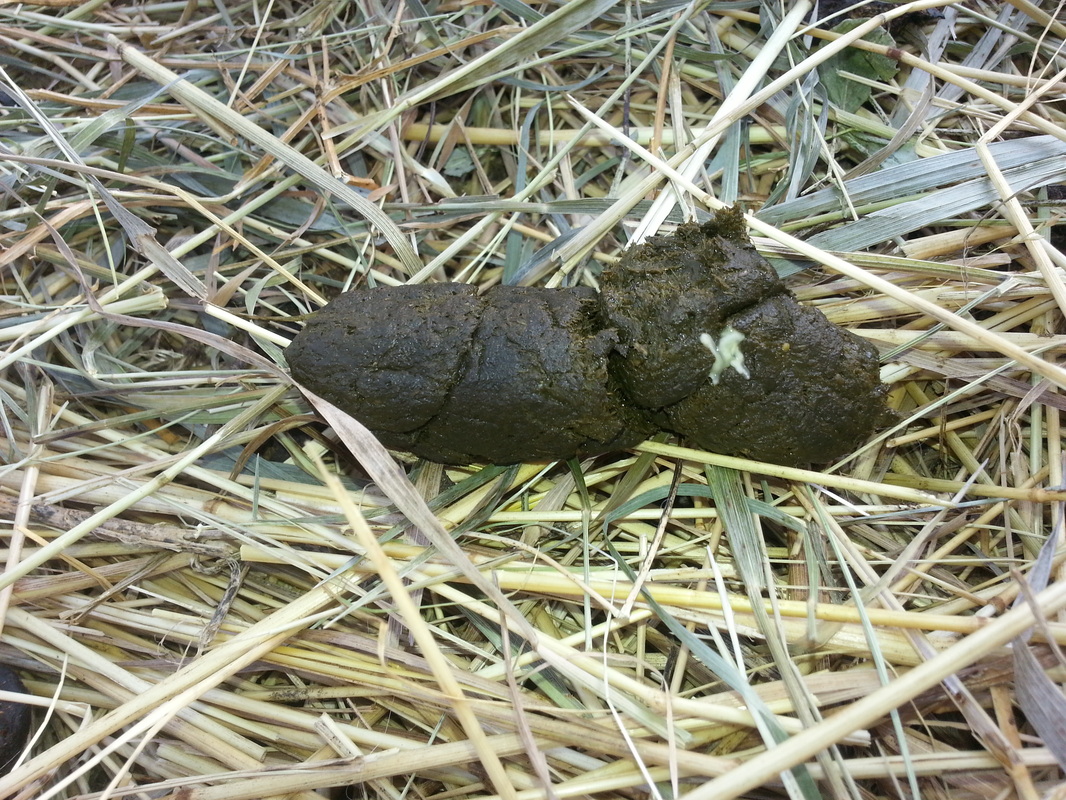
 RSS Feed
RSS Feed